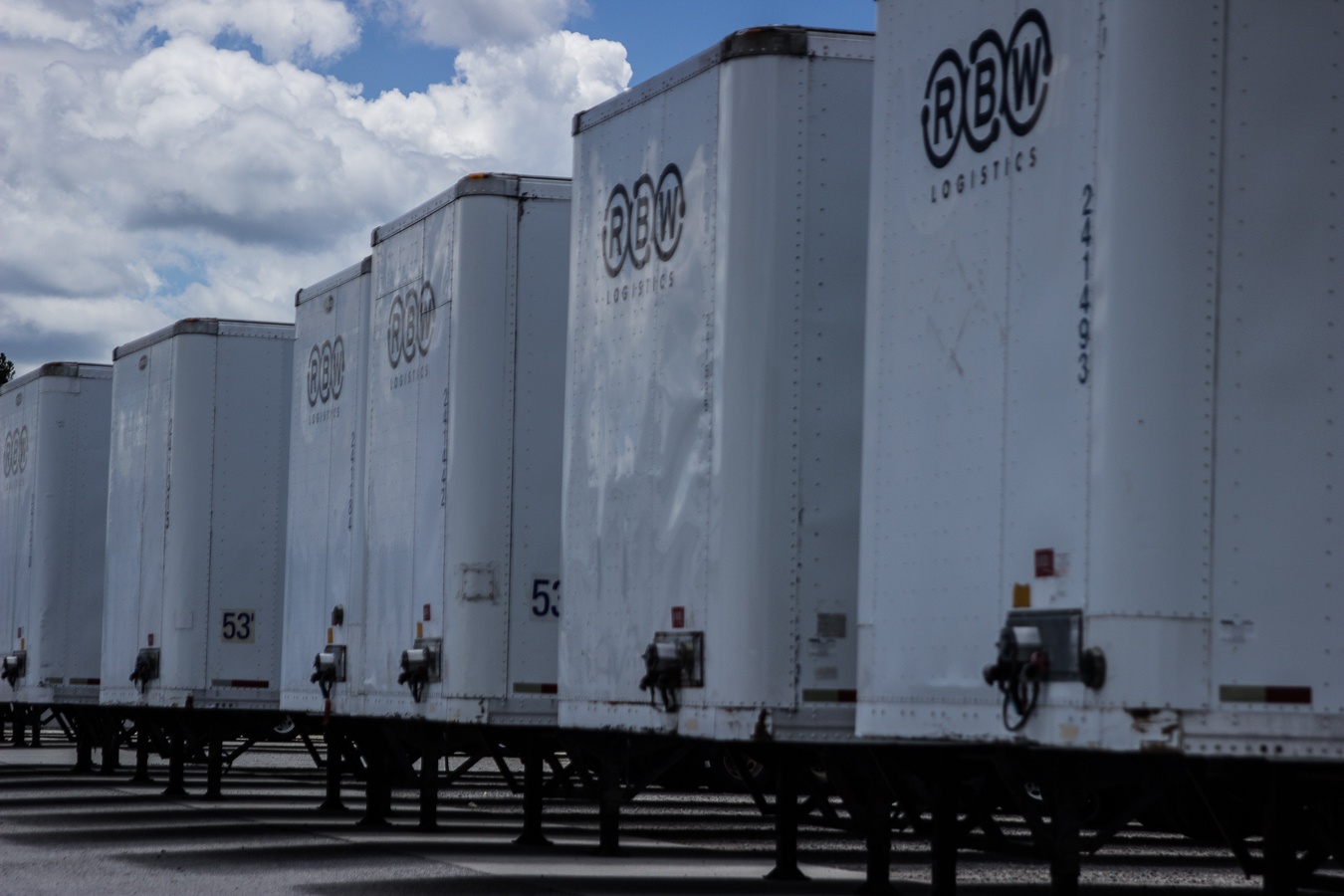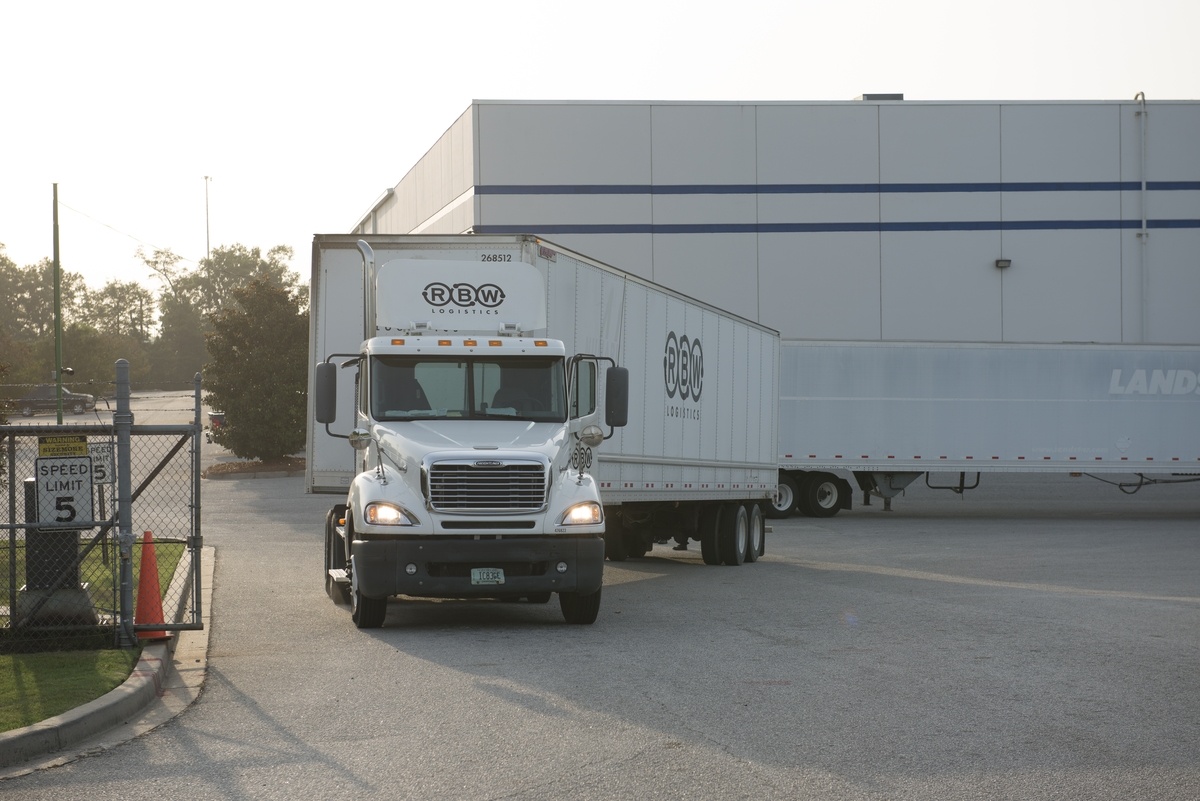Picking The Right Freight Broker - Top 3 Questions to Ask
The World Shipping Council states that the global shipping industry transports approximately four trillion dollars’ worth of goods every year. Every...

Vehicle and communication technology advances provide new opportunities for management to create sustainable and adaptable transport networks. Fleet managers play the most important role because they can promote the purchasing and adoption of cleaner and greener vehicles and technologies. Some of the potential benefits include reduced emissions, vehicle costs and fuel consumption.
Conduct a Performance Assessment
The first step in creating sustainable solutions is to fully research and understand the fleet’s costs, policies, processes and operations. This provides the data needed to develop actionable sustainability strategies. Fleet managers can start by reviewing existing metrics and monitoring tools to benchmark vehicle usage, trends and mileage. Doing this will help identify positive actions that are already being taken and new improvement opportunities in different business areas.
Establish Needs and Priorities
The transport industry is driven by the need to fulfill the client’s objectives rather than its own. A sustainable fleet strategy will deliver efficiency and cost savings, but this requires business and priorities to be clearly defined and understood. Business priorities could include operational information, such as where vehicles are based and how they are scheduled, as well as travel, loading and policy requirements. Environmental objectives could include carbon reduction, implementing air quality goals and better eco-management tracking systems.
Identify Improvement Opportunities
An important improvement tip is to monitor fuel costs and consumption while also planning and managing travel needs. A fleet management system is only as effective as employee awareness and adherence to policy. Consistent monitoring, operational improvements and employee performance may be acknowledged by business leaders to promote synergy and engagement. Some of the most common improvement opportunities include driver training, cleaner vehicles, greener technologies and vehicle specification processes.
There are many more fleet management techniques that will help transport leaders develop logistical networks that will reduce accidents, congestion and pollution while improving competitive advantages and journey time reliability.

The World Shipping Council states that the global shipping industry transports approximately four trillion dollars’ worth of goods every year. Every...

Shipping, warehouse, transportation and supply chain managers may be required to oversee motor fleet safety, efficiency, budgeting and maintenance....

The American Trucking Association (ATA) states that over 70 percent of U.S. freight is moved by trucks. 38 billion gallons of diesel fuel are...